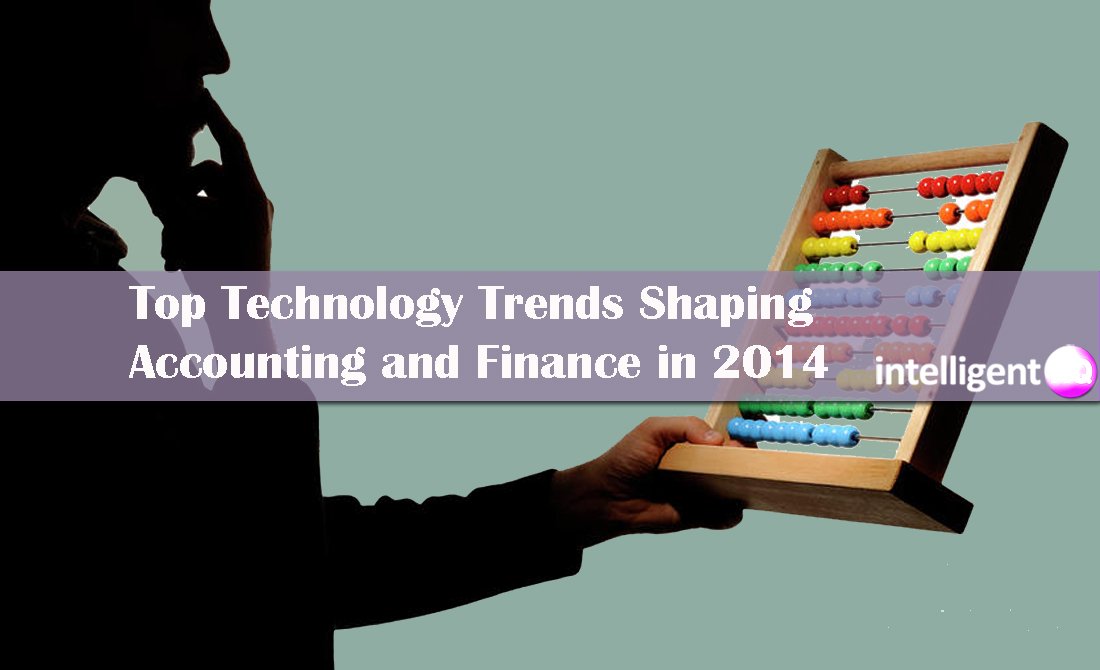Are you still relying on manual marketing processes while your competitors automate and scale effortlessly? As digital marketing evolves, automation has become essential for staying competitive. It enhances efficiency, personalization, and ROI, allowing businesses to optimize email marketing deliverability, streamline content distribution, and improve paid advertising.

This blog explores how automation transforms digital marketing, helping brands work smarter, reduce inefficiencies, and drive meaningful growth.
The Role of Automation in Modern Digital Marketing
Marketing teams usually grapple with inefficiencies brought about by manual processes, including inconsistent messaging, delayed campaign execution, and data management errors. Automation addresses these issues by enabling real-time campaign optimization, AI-powered analytics, and personalized engagement strategies. With automation, companies can run sophisticated marketing campaigns on multiple channels while maintaining consistency and efficiency.
Many companies have witnessed remarkable transformations after integrating automation into their digital marketing strategies. Businesses using cold email outreach software can automate follow-ups, segment leads, and track email performance, reducing time spent on manual tasks while improving engagement rates. By eliminating redundancies and leveraging data-driven insights, automation allows businesses to focus on creative strategies rather than routine tasks.
Automating Data Collection and Analytics for Smarter Decision-Making
Information forms the cornerstone of any successful online campaign, but processing and interpreting data manually takes too much time and can also contain errors. Automation eases the process through AI-powered software tools that automatically gather, analyze, and present information in real-time. They provide clear inputs to the marketer on campaign decisions.
With the inclusion of automated analytics dashboards, companies can monitor customer actions, observe site traffic, and calculate campaign efficacy without having to enter data manually. Predictive modeling through AI helps marketers project what customers may want and develop campaigns accordingly.
Enhancing Customer Segmentation and Personalization
Real marketing is no longer mass messaging but providing tailored experiences. Automation allows businesses to create highly segmented lists of audiences based on demographics, behavior, and real interaction. It helps brands provide targeted content to various segments of customers, which then creates engagement and conversion.
AI-based marketing automation software scans customer activities, including purchasing history and online browsing, to tailor product suggestions and advert campaigns. Companies also make dynamic content delivery automated, modifying messages and visuals according to a user’s interests. Through the use of automation for personalization, brands establish strong relationships with their public and enhance customer retention.
Automating Content Creation and Distribution
Content is still central to digital marketing, but producing and posting content on many sites manually is time-consuming. Automation makes content marketing efficient by allowing consistency in the posting frequency, optimizing content forms, and spreading content over several channels. Though AI-based applications can aid in coming up with content ideas, human imagination is still crucial to creating engaging stories.
Most businesses use automation to pre-schedule blog posts, social media updates, and email newsletters for optimal publishing times. Automated A/B testing tools allow marketers to test different versions of content, and figure out which content performs best for their target audience.
Email Marketing Automation
Email marketing remains one of the most powerful strategies for nurturing leads and turning prospects into loyal customers. However, its effectiveness relies on achieving the best email deliverability to ensure messages reach the intended audience. Poor deliverability can significantly impact engagement rates and overall campaign success, making it essential for businesses to optimize email strategies to maximize inbox placement and audience interaction.
Automation also optimizes email marketing deliverability by tracking open rates, preventing spam triggers, and segmenting email lists for targeted selection. Automated email sequences play a key role in helping businesses maintain interaction throughout the customer lifecycle. AI tools enable marketers to send emails based on user behavior such as reminders for cart abandonment, follow-ups, and recommendations.
Streamlining Social Media Management and Engagement
Manual management of social media can be daunting, particularly for businesses with numerous accounts on various platforms. Automation makes social media management easier by enabling companies to plan posts, monitor engagement, and answer customer questions effectively. Social media automation software allows brands to post content consistently without having to log in and update content manually each day.
Empowered by AI advance customer engagement with instant answers to questions, heightening engagement and satisfaction levels. Automated sentiment tracking tools are also utilized by businesses to monitor the perception of audiences and align messaging appropriately.
Paid Advertising Optimization Through Automation
Pay-per-click (PPC) advertising is expensive if not properly optimized. Manual campaign management often leads to poor budget allocation and missed audience targeting opportunities. Automation enhances paid advertising by leveraging AI-based optimization tools that optimize bids in real-time, allocate budgets smartly, and determine top-performing audiences.
Businesses that leverage automated PPC management tools see higher returns on their ad spend because automation continuously analyzes data to ensure ads reach the right people at the right time.
Manual vs Automated Paid Advertising
| Feature | Manual Advertising | Automated Advertising |
| Budget Allocation | Fixed budgets | AI-driven budget optimization |
| Audience Targeting | Limited targeting options | AI-based dynamic targeting |
| Bid Adjustments | Requires manual intervention | Real-time AI bid adjustments |
| Performance Monitoring | Periodic analysis | Continuous real-time analysis |
Automating Customer Relationship Management (CRM) and Retention Strategies
Customer retention is as important as acquisition, and automation plays a vital role in establishing customer relationships. CRM automation facilitates end-to-end tracking of customers, so businesses can personalize communications, remind customers, and automate loyalty schemes without even sweating about it. AI-powered predictive analytics allow businesses to identify soon-to-exit churn risk and automate retention campaigns ahead of time before customers leave.
Soliciting CRM activities through automation makes it possible for businesses to engage in targeted communication, respond instantly to inquiries, and provide timely support. Automated follow-up prevents leads from being lost, and customer behavior analysis helps companies optimize engagement practices. Automating CRM and integration with CRM provides businesses with maximizing customer satisfaction, as well as encouraging long-term loyalty.
Overcoming Challenges in Marketing Automation
Whereas marketing automation comes with a range of advantages, companies should not forget about some pitfalls. Automation can sometimes lead to impersonal communications, diluting the human touch that consumers value. Sustaining authenticity within advertising campaigns needs balance in applying automation to streamline work without affecting personality.
Data security is paramount, and companies use strong security practices to avoid unauthorized access to customer information. Proper automation strategy planning allows companies to optimize their marketing practices while preserving credibility and trust.
Measuring the ROI of Automated Digital Marketing Campaigns
To gauge marketing automation success, companies need to monitor important performance indicators like conversion rates, levels of engagement, and cost reductions. Real-time campaign performance information is delivered through automated reporting tools, which assist marketers in adapting strategies.
In the future, automation will further influence the future of digital marketing with AI-based personalization, and predictive analytics at the forefront. Companies that adopt early will be ahead of the curve as the world becomes increasingly digital.
FAQs
Will automation replace human marketers in digital marketing?
No, automation enhances efficiency but still requires human creativity, strategy, and decision-making.
Is marketing automation only for large businesses?
No, small businesses can benefit significantly by automating repetitive tasks, improving targeting, and optimizing budget allocation.
What is the first step to implementing automation in digital marketing?
Start with automating data collection, email deliverability monitoring, and social media scheduling to enhance efficiency gradually.
Conclusion
Automation is transforming digital marketing by allowing companies to automate workflows, optimize campaigns, and drive maximum results. With the incorporation of AI-powered automation tools, companies can eliminate inefficiencies, enhance audience engagement, and drive long-term success. It is time to take advantage of automation and unleash the full potential of digital marketing campaigns.

Hayden Richards is Contributor of IntelligentHQ. He specialises in finance, trading, investment, and technology, with expertise in both buy-side, sell-side. Contributing and advising various global corporations, Hayden is a thought leader, researching on global regulatory subjects, digital, social media strategies and new trends for Businesses, Capital Markets and Financial Services.
Aside from the articles, interviews and content he writes for IntelligentHQ, Hayden is also a content curator for capital markets, analytic platforms and business industry emerging trends. An avid new media explorer Hayden is driven by a passion for business development, innovation, social business, Tech Trading, payments and eCommerce. A native Trinidadian, Hayden is also a veteran, having served with the Royal Air Force Reserves for the past 10 years.
Follow Hayden on Twitter @HaydenARichards, linkedin.com/haydenhrichards and http://www.scoop.it/u/hayden-richards




























